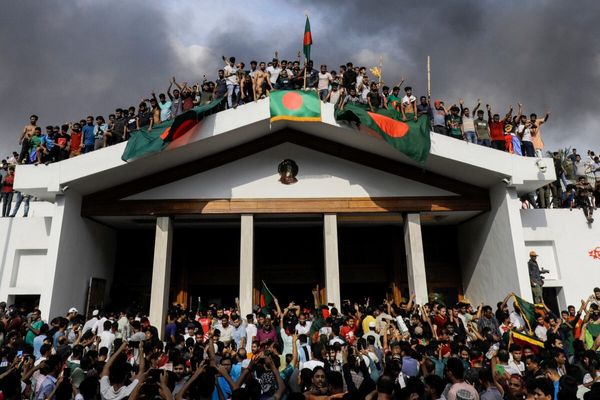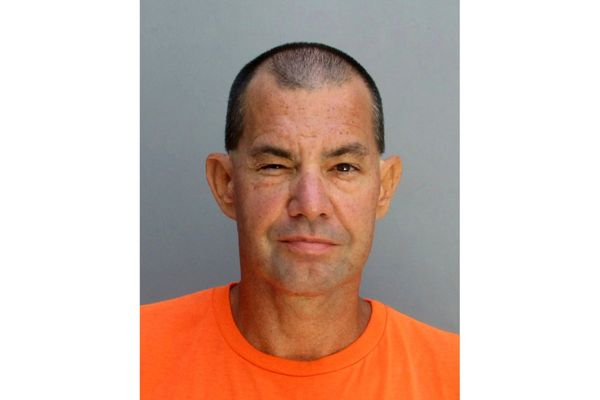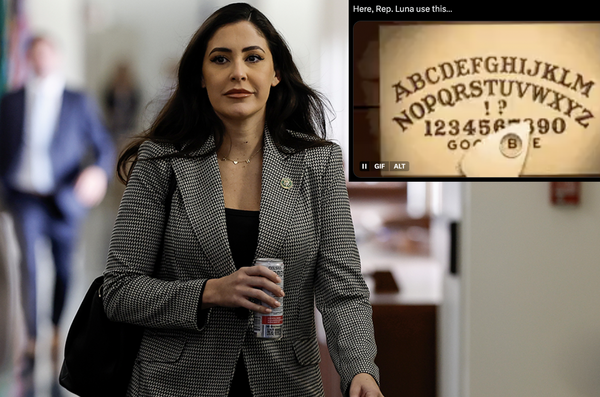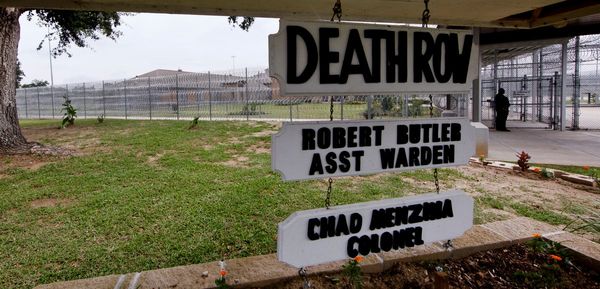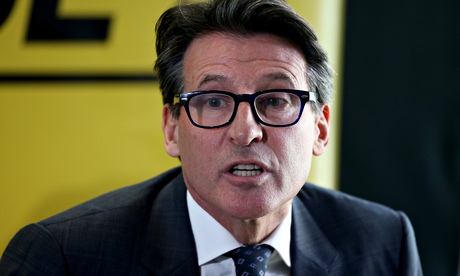
Lord Coe has defended the voting process that led to Doha being awarded the 2019 World Athletics Championships, denying that late financial incentives by Qatar’s bid proved crucial in the decision.
Coe made his remarks when launching his manifesto for election to the IAAF presidency. He will run against the Ukrainian former pole vault champion Sergey Bubka for the top job in athletics and hopes to succeed Lamine Diack, who steps down as president in August. Officially launching his candidacy in London on Wednesday, the two-times 1500m Olympic champion mentioned reform of the athletics calendar, a focus on youth engagement and increased anti-doping resources as key aims.
Doha was controversially awarded the 2019 World Championships last month, with the Qatar bid offering £23.5m in additional “incentives” just minutes before the vote – namely extra sponsorship money and a promise to build 10 new tracks around the world – and prevailing over the rival bidders, Eugene and Barcelona.
The late incentives were within IAAF rules but prompted a debate among member associations as to whether the process is open to abuse. Helmut Digel, an IAAF board member and honorary president of the German Athletics Federation, on Wednesday described the Doha decision as “incomprehensible”. José María Odriozola, a Spanish IAAF executive, told Bloomberg last month: “All they have is money.”
Coe, an IAAF vice-president who played an integral role in securing and organising the 2012 London Olympics, said each bid for 2019 was of top quality and pointed to a growing appetite for track and field in Qatar where a Diamond League meeting has been held annually since 2010. He did not reveal which city he voted for.
“Yes, they [the Doha bid] put some incentives on the table, they’ve come to the table with two global partners for the sport,” said Coe. “They’ve come to the table with a commitment to build 10 tracks around the world. Did that impress some of my council colleagues? Undoubtedly it did. Did it sway their vote? I think probably not.
“I have been on the council since 2003, those bids were absolutely top-quality. I’ve not witnessed bids as strong as that. The council, by a small majority, decided to go to Doha. We have to be really clear here, we can’t be encouraging the globalisation of our sport and then, as soon as we get to some tough decisions, retrench into our own back yard. The last two [Diamond Leagues], they’ve had over 15,000 in the stadium. There is a growing appetite.”
Human Rights Watch and Amnesty International have criticised the IAAF’s decision to award the championships to Qatar due to the high number of deaths of migrant building workers in the Gulf state.
Coe insisted migrant-worker conditions in Doha were of significant importance to the IAAF.
“Absolutely. [We will be] as tough as we were in London in terms of controlling the supply chain as well as we possibly could, making sure that everything that was delivered in merchandising terms across the board was done to the best and highest possible standard,” he said.
“It is a discussion I had as chairman of the evaluation committee with the sports minister and interior minister in Qatar. It is something we will monitor very closely. The great thing sport does provide is the opportunity to showcase these challenges.”
Of the Doha 2019 vote, Digel told the German newspaper Süddeutsche Zeitung on Wednesday: “It’s incomprehensible, after all the problems surrounding the awarding of the 2022 World Cup and the 2015 Handball World Cup [also to be held in Qatar], that the world of athletics has chosen Qatar. The Qataris acted according to the rules, the only question is whether we are thus securing a future where cities are played off against each other.”
The IAAF presidency is expected to be a race between Coe and Bubka although other candidates can come forward before May. Another possible challenger is Nawal El Moutawakel, the former Moroccan hurdler.
Coe’s manifesto, titled Growing Athletics in a New Age focuses on increased youth engagement and the need to globalise the sport. Retaining integrity through anti-doping measures remains a priority, while making a season that contains 47 track and field disciplines easier to follow for spectators is also discussed.
Coe said: “I have set out my thinking in this manifesto with four pillars driving my vision. First – embracing change to secure a better future. Second – decentralisation and empowerment, in other words how we deliver the sport in a changing world. Third – maximising commercial growth, to benefit every level of our sport, and four – ensuring integrity and trust in all we do.”
